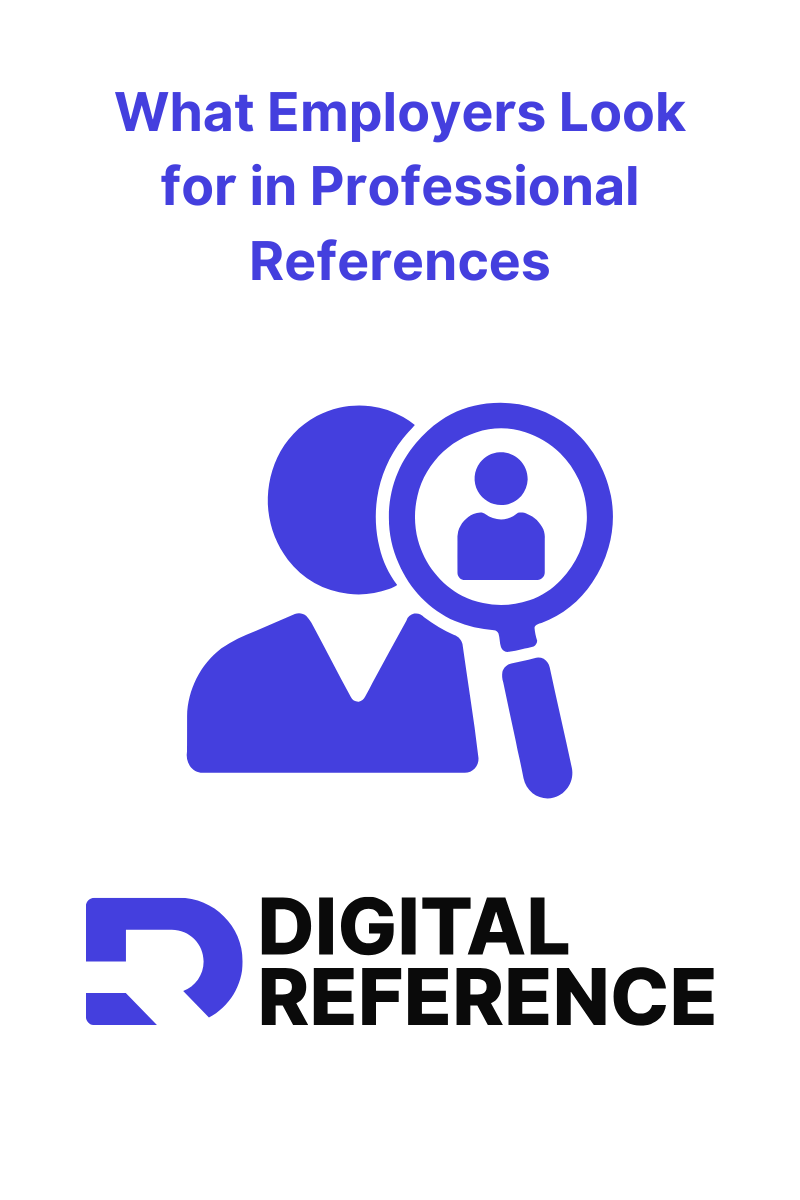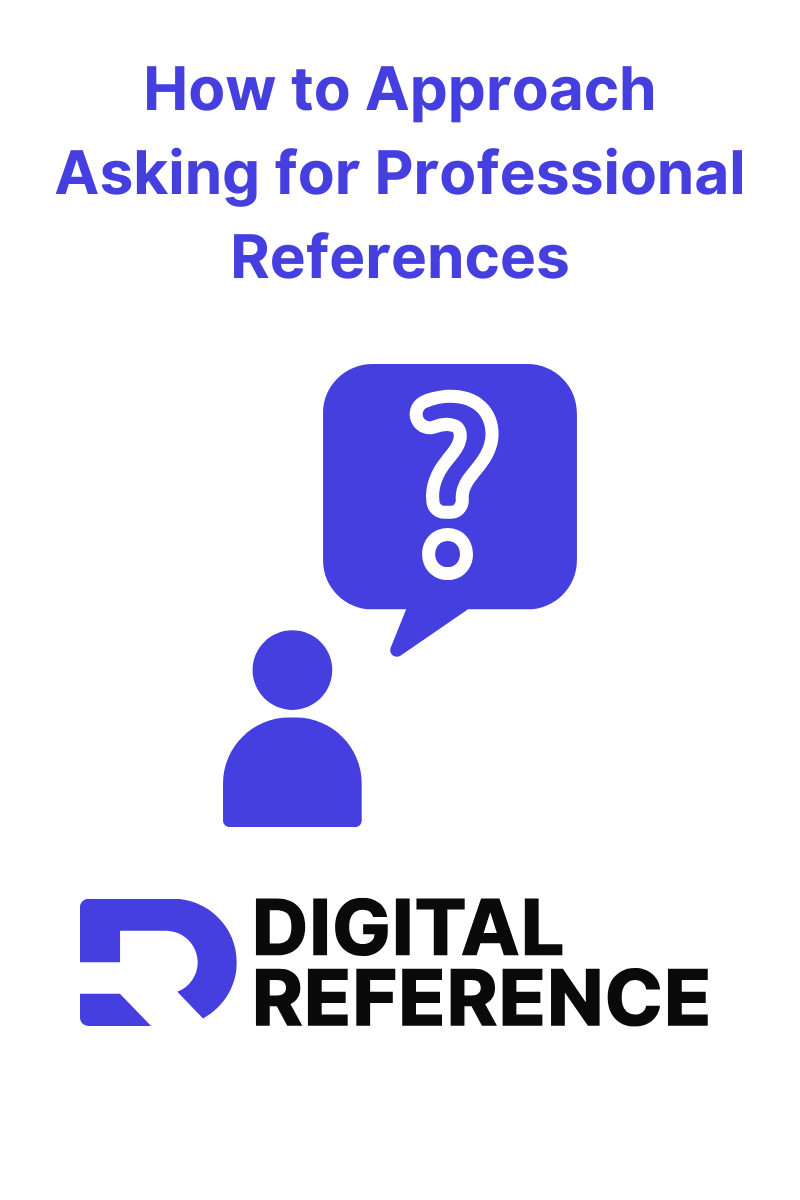AI Killed the Resume

AI Killed the Resume

Artificial Intelligence Has Made CVs Useless
There was a time when a resume was your professional fingerprint. A tidy, one- or two-page document that told the world who you were, what you’d done, and why someone should trust you with a job. Today? That resume is just one more file in a sea of auto-filled, AI-written, keyword-stuffed PDFs—and it’s time we admitted the obvious:
And artificial intelligence is what killed it.
The Resume's Original Purpose (RIP)
At its best, a resume was supposed to reflect experience, capability, and potential. It was a filtering tool. A conversation starter. But the moment applicant tracking systems (ATS) became the norm and AI-generated job applications entered the chat, resumes started losing their signal. What was once a professional summary became a performance for machines.
Today, a growing number of job applications are:
- Written or edited by AI tools
- Screened by AI-powered software
- Read (maybe) by a human… after AI scoring
It’s an ouroboros of automation—robots writing resumes for robots to read.
We’re All Optimizing for Machines
Let’s be real: professionals have adapted. We’re not crafting resumes to reflect our true selves—we’re crafting them to trick a system. The logic is transactional: “If I put the right words in the right order, I might make it past the bot.”
That means:
- People stretch titles to match job listings.
- They stuff in keywords for roles they’ve never actually done.
- They add technologies they’ve touched once or twice, just to appear versatile.
It’s not lying. But it’s definitely not truth.
When AI Writes the Resume—and AI Reads It
We’re now deep into a strange loop: professionals are using generative AI tools like ChatGPT, Grammarly, or resume-specific platforms to craft their resumes—and those same resumes are being fed into AI-powered applicant tracking systems (ATS) that score and filter them before a human ever looks.
The result is a hiring process where machines are talking to machines, with very little human context or judgment involved.
It sounds efficient, but here’s the problem:
- These AI tools are trained on the same internet content, so everyone’s resume starts sounding the same.
- ATS algorithms reward keyword density and formatting hacks, not actual quality or authenticity.
- Candidates who game the system rise to the top—not necessarily the ones who are most qualified or aligned with the role.
It’s like a résumé version of SEO: whoever understands the algorithm best gets seen, even if they’re not the best fit.
This creates a dangerous false signal—where someone who’s never built a high-functioning team in real life can still write like they have, and someone who has delivered real results may never make it past the software.
This isn’t just about hiring inefficiencies. It’s about trust erosion. If the inputs are artificial and the evaluators are artificial, where does that leave truth? Where does that leave the actual person behind the application?
That’s why this system is broken—not just outdated, but actively misleading.
The Illusion of Meritocracy
What makes the rise of AI-screened resumes so problematic is that it creates the illusion of meritocracy. Employers think they’re filtering “the best,” but in reality, they’re just filtering “the most AI-literate.” Candidates who know how to write prompts or copy-paste the right resume template are jumping ahead of those who’ve actually done the work.
So instead of surfacing high-integrity professionals, we’re optimizing for gaming the system.
The result?
- Missed talent.
- Generic hires.
- Inflated resumes that erode trust.
AI Didn’t Just Kill the Resume—It Obliterated Context [and made verification so much more important]
The most dangerous casualty of all this? Context.
Resumes don’t tell you how someone works.
They don’t show how they collaborate, lead, recover from setbacks, or navigate ambiguity.
They don’t show credibility. They show formatting.
And AI makes that worse. Generative tools can replicate almost anyone’s voice, blur timelines, and “spin” even the messiest job history into a neat story. But neat ≠ honest. And certainly not insightful.
What Should Come Next? And How to Prepare
We need new ways to signal credibility—not just experience.
We need:
- Verified references, not self-promotion
- Third-party validation, not self-reported claims
- Narrative depth, not keyword density
That’s where Digital Reference steps in. The transition away from resumes is happening faster than you might think. Video formats online are becoming more and more common in the talent ecosystem.
Here’s how you can prepare:
- Embrace Video: Start practicing how to present yourself on camera.
- Get comfortable with the idea of building your brand
- Invest in yourself: There are a lot of free resources out there that you can leverage to help you adapt
- Don't Stress - Digital Reference is here to help
The Digital Reference Solution: A Post-Resume Professional Profile
At Digital Reference, we’re building something better. A platform designed from the ground up to answer the questions a resume never could:
- Is this person actually good at what they say they do?
- Have they delivered results that others would vouch for?
- Do they have a track record of trust, credibility, and effectiveness?
Our profiles combine:
- Structured video references from former colleagues, clients, and collaborators
- Verified professional accomplishments, not just claims
- Searchable data fields that make it easier to find people based on who they are, not just what’s on paper
We're creating a portable, reputation-backed portfolio for the knowledge economy—whether you're a fractional exec, a solo consultant, or a full-time leader making your next move.
And unlike resumes, it doesn’t expire the moment you hit "submit."
The Future Is Human (and Verified)
AI is great at surfacing information. But humans still want to trust other humans.
Digital Reference is building the infrastructure that makes that possible at scale—especially as trust becomes the scarcest resource in hiring.
So no, we’re not fixing the resume, We’re building what comes next.
And if the resume is dead, we’re okay being the obituary—and the rebirth.
Before you go ... Other Content on the Future of Resumes & The Talent Ecosystem
Final Thought: The Resume Isn’t Evil—It’s Just Obsolete
Resumes had a good run. But the world has changed. Hiring has changed. Talent has changed. And the tools we use to make decisions need to evolve with us.
We don’t need to fix resumes.
We need to replace resumes & CVs.
The machines can have them.
Learn more about Digital Reference, Our Vision, and Mission
- What is Digital Reference?
- We think we can Replace the Resume at Digital Reference
- What does Digital Reference mean Radical Authenticity?
- What is Radical Transparency in the Talent Ecosystem?
- Why verified Professional References matter more than ever!
- Best practices when collecting professional references
- Here is how Digital Reference is making the Talent Ecosystem more efficient
- Best tools for collecting professional references
- The best tool for managing your professional reputation
- Why digital reference is more than a video resume
Explore other types of professionals, consultants, and executives featured on Digital Reference
- What roles are available for engineering executives?
- Careers for IT consultants & tech experts
- Legal professionals and what they do
- Product professionals and the roles available
- Operations professionals and the roles available
- List of the most popular industries to be a consultant
- Environmental consultants and the roles available
- Operations consultants and what they do
- Revenue professionals and the roles available
- HR executives and their key functions
- Finance & accounting consultants and what they do
- Jobs as fitness consultants or health experts
- Details on what revenue consultants do
- Learn more about academic professionals
- Deep dive into what HR consultants do
- Fitness professionals and the roles available
- Online marketplace professions
- Finance executives - roles that make the big bucks
- Finance professionals and the roles available
- What do marketing consultants do?
- Different professions in real estate
- Healthcare consultants deep dive
Guides to outsourced and fractional services:
- How to Hire a Fractional COO
- What does an outsourced chief of staff agency do
- What is an outsourced CEO agency
We'd love to hear from you, reach out at hello@digitalreference.co.
Subscribe to our newsletter
We'd love to have you follow our journey, learn about to new features and functionality, and get access to talent ecosystem news.

.jpeg)
.png)

